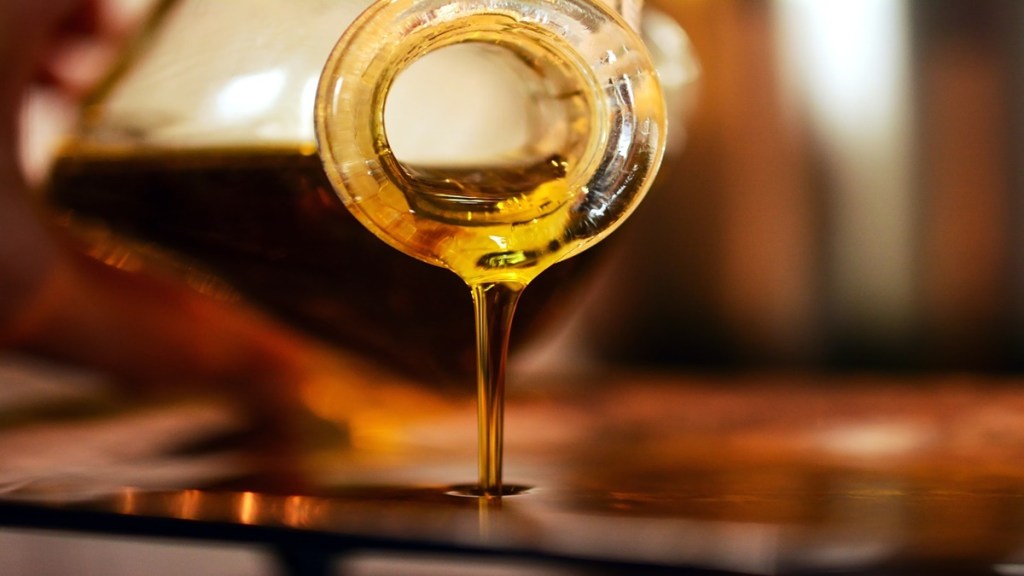While thinking about eating fatty foods always sounds unhealthy, certain fats can play a key role in managing body functions in a healthy way. Besides being a major source of energy, dietary fats protect the organs and skin, support cell growth, and help in the absorption of nutrients.
According to Aman Puri, Founder, Steadfast Nutrition, a sports and wellness, nutrition brand, the type of fat you eat plays a crucial role in heart health. “The key to managing the health of this vital organ is to consume more healthy fats and limit the use of bad fats,” Puri told Financial Express.com.
But first, let’s understand which fats are good or bad. Healthy (“good”) fats benefit the body by providing energy and helping protect the organs, while bad fats adversely affect health by increasing cholesterol levels which may increase the risk of obesity or heart disease.
Fats are mainly of four types. Here’s a lowdown into which ones are healthy for the heart.
Trans fats
This one is considered the worst kind of fat, especially the artificial trans fat that is added to packaged foods. Little traces of trans fat are found naturally in animal and milk products. Trans fats are considered the worst fats because not only do they raise the LDL (low-density lipoprotein) or bad cholesterol but also lower HDL (high-density lipoprotein) or good cholesterol. Artificial trans fats are linked to cardiovascular diseases, increased blood pressure, stroke, insulin resistance, and chances of developing type 2 diabetes.
Sources of trans fat include animal products, packaged and instant foods, bakery products like cookies, doughnuts, pastries, and margarine.
Saturated fatty acids (SFA)
Also termed “bad” fats, saturated fats solidify at room temperature, increasing the LDL levels in the body, which increases the risk of stroke. Saturated fats are not as bad as trans fats but they can negatively impact heart health if consumed in excess. Saturated fats should be consumed sparsely.
Foods that are high in trans fats include red meat, coconut oil, ghee, butter, cream, cheese, and high-fat dairy products.
Monounsaturated fatty acids (MUFAs)
A type of unsaturated fat, MUFAs are generally termed “good” fats as they help manage cholesterol levels, keeping the heart healthy. These fats do not solidify and remain liquid at room temperature. They help prevent atherosclerosis by preventing plaque formation, which reduces the risk of heart disease.
MUFAs are found in oils like olive, canola, peanut, and sesame, nuts like almonds, peanuts, hazelnuts, cashews, and fruits like avocado.
Polyunsaturated fatty acids (PUFAs)
These are healthy fat sources that remain liquid at room temperature. These include omega-3 and omega-6 fatty acids that benefit the heart by reducing triglyceride levels. Omega-3 and omega-6 fatty acids are also beneficial for the joints, brain, and skin. They help increase HDL levels by picking up excess LDL and sending it to the liver for further breakdown. PUFA oils contain eicosapentaenoic acid (EPA) and docosahexaenoic acid (DHA) which possess antioxidant and anti-inflammatory properties.
Foods rich in PUFAs include soybean, corn, sunflower, and safflower oil. They’re also found in seeds such as flaxseeds and sunflower seeds and in nuts like walnuts and fish.
Here are tips you can follow for managing your dietary fat intake and heart health
- Swap saturated fats with healthier, unsaturated fats but in moderation
- Choose low-fat or skimmed milk products over full-fat milk
- Choose fats with low content of saturated and trans fats
- When consuming non-vegetarian food, opt for lean meats over red meat or organ meats
- Go for steaming and baking cooking methods instead of deep frying your food
- Read labels carefully with a special check for content of saturated or trans fat
- Do not use repetitive reheated oil as it gets chemically changed with repetitive heating
- Choose fruits, nuts & seeds for munching over chips and fries
“So, choosing MUFAs and PUFAs may be more beneficial than opting for saturated fats. Always bear in mind that ‘No Fats’ is not an option. Opting for moderate amounts of healthy fats is the key to optimal health and well-being,” Puri told Financial Express.com.

